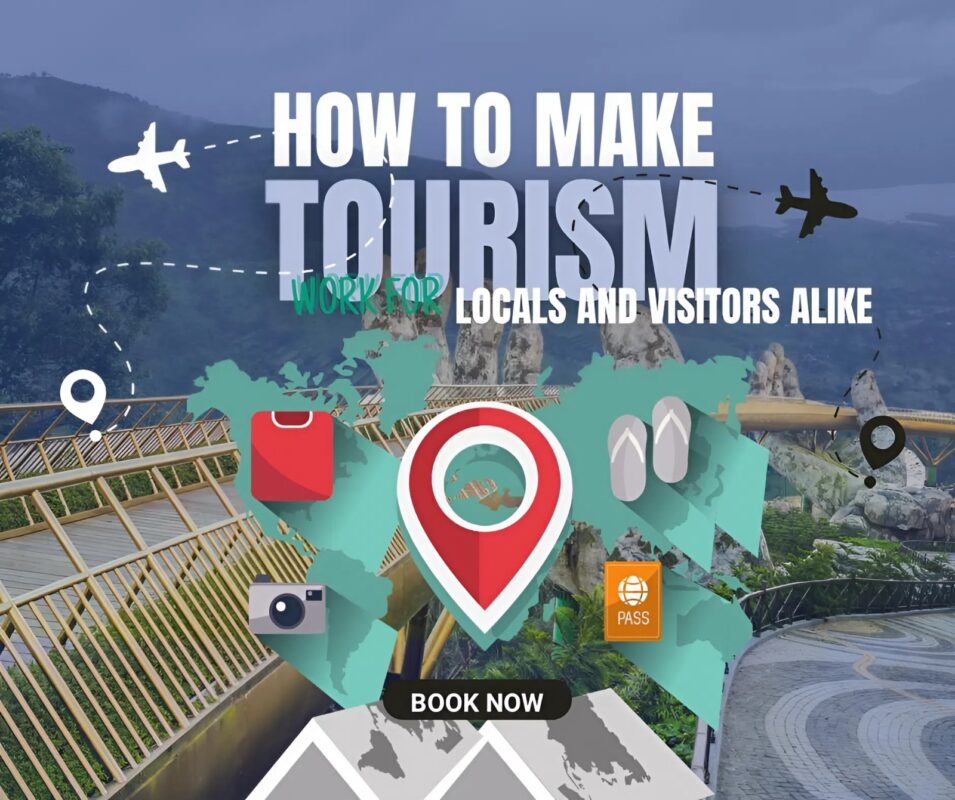The article examines efforts to achieve a balance between tourism development and environmental preservation. With flocks of Americans eager to exercise their profound spending power (the value of dollar has increased), European countries are struggling to revive the tourism industry.
However, their revival strategies might be met with public backlash. Locals have a fondness for unspoilt beaches, and they lobby the authorities to impose restrictions on popular destinations. The anti-tourism movement is gaining ground, spreading to Barcelona, Dubrovnik, and Majorca.

Advocates vouch to protect environments from tourism-induced problems
The growing discontent among local communities is understandable, considering the level of environmental and cultural degradation wrought by mass tourism. Nonetheless, experts urge local people and authorities to reconsider how they approach this problem. After all, tourism constitutes a major source of income, bringing revenues and employment opportunities to host countries. Its integral role in economies renders an outright ban unattainable. Instead, countries should adopt a capitalist approach by utilizing their pricing power.
Pricing power grants host countries the ability to influence the price of products and services sold to tourists. By increasing the price, authorities can discourage tourists from visiting certain destinations, since cost acts as a major obstacle to tourism. Leveraging the power of capitalism also helps host countries maximize their profits from tourism: by framing once-popular, once-common places as exclusive destinations, countries may lure more wealthy customers.
However, this pricing strategy only works for certain places. For unique destinations that offer an irreplicable experience, people will try to mitigate the excess costs by booking a cheaper hotel, rather than cancelling the trip.
– Tran Khanh Huyen
